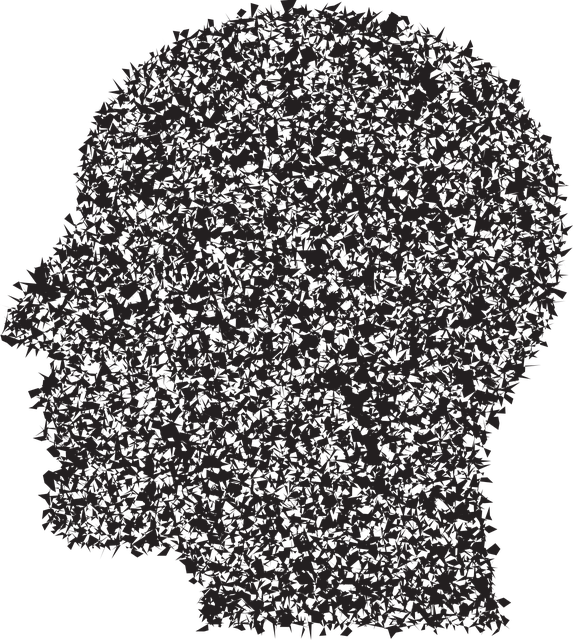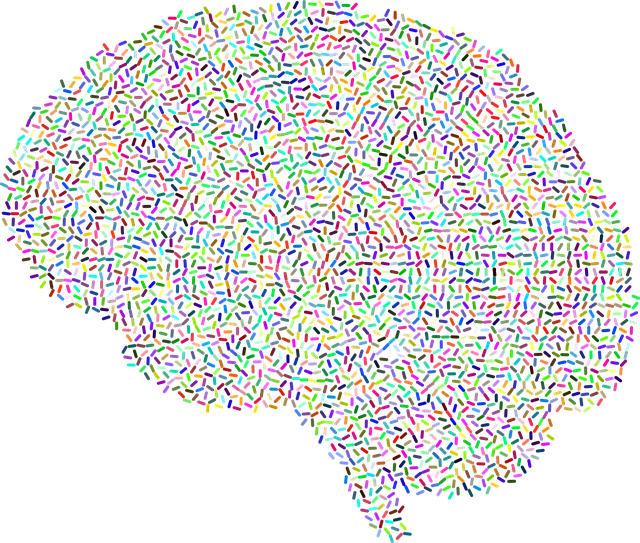Adolescent mental health faces unique pressures from academics, peers, and identity formation, making specialized coaching crucial. Programs employ therapeutic techniques like compassion cultivation, encouraging self-care and resilience. Bariatric evaluations go beyond measurements, addressing the mind-body connection through tailored therapy, stress management workshops, and culturally sensitive care. These holistic approaches, combining evidence-based practices like CBT, empower teens to manage stress, anxiety, and depression effectively. Success is measured through combined physical/mental health assessments, self-reported relief, mindfulness practices, and longitudinal resilience tracking, ensuring lasting impact in teen mental wellness coaching.
Mental wellness coaching programs for adolescents are gaining critical importance as we navigate the complex landscape of teenage mental health. This article explores key aspects of developing effective support systems, focusing on specialized coaching and its impact on youth well-being. We delve into essential components like bariatric evaluations, evidence-based practices, and evaluation methods. By understanding the unique needs of adolescent teens, particularly in therapy and weight management, we can foster holistic mental wellness through tailored coaching programs.
- Understanding Adolescent Mental Health: Uncovering the Need for Specialized Coaching
- Bariatric Evaluations: A Crucial Component in Youth Weight Management and Mental Wellness
- Designing Effective Therapy Programs for Teenagers: Key Considerations
- Incorporating Evidence-Based Practices into Youth Mental Wellness Coaching
- Measuring Success and Impact: Evaluation Methods for Adolescent Wellness Coaching Programs
Understanding Adolescent Mental Health: Uncovering the Need for Specialized Coaching

The mental health landscape for adolescents is a complex and growing concern, with an increasing recognition of the unique challenges they face. Teenagers navigate a myriad of factors that can impact their psychological well-being, from academic pressures and peer relationships to identity formation and life transitions. This period is often marked by heightened emotional volatility and a developing sense of self, making it crucial to provide specialized support.
Specialized coaching programs for adolescents aim to address these specific needs. By incorporating therapeutic techniques tailored to teens, such as compassion cultivation practices, these programs can help young individuals develop coping strategies and build resilience. Encouraging self-care routine development is also integral, focusing on activities that promote mental wellness. Moreover, coaching can boost confidence, empowering teenagers to manage stressors and make healthier choices, including those related to bariatric evaluations if needed.
Bariatric Evaluations: A Crucial Component in Youth Weight Management and Mental Wellness

Bariatric evaluations play a pivotal role in youth weight management, going beyond mere physical assessments to encompass mental wellness. For adolescents struggling with their weight, these evaluations are not just about calculating Body Mass Index (BMI) or measuring body fat percentage; they are a gateway to tailored interventions that address the intricate interplay between physical health and psychological well-being. By integrating therapy for adolescent teens into bariatric programs, healthcare professionals can help young individuals navigate the complex emotional landscape surrounding weight management.
This holistic approach recognizes that effective weight loss goes beyond dieting; it involves stress management workshops within the organization to empower teens with coping mechanisms. Moreover, cultural sensitivity in mental healthcare practice is paramount, ensuring diverse populations receive support tailored to their unique needs and experiences. A comprehensive bariatric evaluation, therefore, becomes a catalyst for positive change, fostering not just physical health but also mental resilience among young people.
Designing Effective Therapy Programs for Teenagers: Key Considerations

Designing effective therapy programs for adolescent teens is a multifaceted process that requires careful consideration to address their unique needs and challenges. In today’s digital era, mental wellness coaching programs must evolve to cater to teenagers who often prefer alternative approaches like online platforms and peer-to-peer support. Therapy for adolescent teens should incorporate evidence-based practices tailored to their developmental stage, focusing on building inner strength and resilience.
Key considerations include integrating technology for accessible bariatric evaluations and risk assessments, ensuring confidentiality is maintained. Programs should emphasize mood management techniques, such as cognitive-behavioral therapy, to equip teenagers with coping strategies for stress, anxiety, and depression. Additionally, fostering open communication and a safe space for teens to express themselves without judgment is paramount in promoting their mental wellness.
Incorporating Evidence-Based Practices into Youth Mental Wellness Coaching

Incorporating evidence-based practices into youth mental wellness coaching is a game-changer in supporting adolescent teens’ overall well-being. By drawing from established therapeutic techniques, coaches can facilitate meaningful changes in young minds. Cognitive-behavioral therapy (CBT), for instance, has proven effective in treating various mental illnesses, including depression and anxiety, by teaching adolescents coping skills to manage their thoughts and behaviors. This approach encourages a positive mindset shift, fostering resilience against stigma associated with mental illness.
Additionally, mind over matter principles can empower teens to take charge of their emotional well-being. Bariatric evaluations, while often linked to physical health, also offer insights into an individual’s relationship with food and body image, which are integral aspects of mental wellness. Incorporating such evaluations in coaching allows for a holistic understanding of the teen’s needs, enabling coaches to tailor interventions that not only address current challenges but also prevent potential future issues related to mental illness and stigma reduction efforts.
Measuring Success and Impact: Evaluation Methods for Adolescent Wellness Coaching Programs

Measuring success and impact is a vital component of any wellness coaching program, especially when catering to adolescents. Evaluating the effectiveness of therapy for adolescent teens goes beyond simple satisfaction surveys. Bariatric evaluations, which assess changes in physical health alongside mental well-being, offer a comprehensive insight into the program’s overall success. By combining these assessments with self-reported measures of anxiety relief and mindfulness meditation practices, coaches can gain a holistic understanding of each teen’s progress.
Resilience building, a key aspect of many wellness coaching programs, can be evaluated through longitudinal studies tracking participants’ ability to cope with stressors over time. This demonstrates the real-world application and lasting impact of the coaching sessions. By employing these evaluation methods, coaches can ensure their programs are not only providing short-term anxiety relief but also fostering long-lasting resilience in adolescent teens.
Mental wellness coaching programs tailored for adolescents, incorporating elements like bariatric evaluations and evidence-based practices, offer a promising approach to address the unique mental health needs of this demographic. By integrating specialized therapy strategies, these programs can significantly enhance the well-being of teenage participants. As highlighted in this article, thoughtful design, comprehensive evaluation methods, and a focus on effective practices are essential for creating impactful coaching interventions that support adolescent teens’ mental health journeys.









